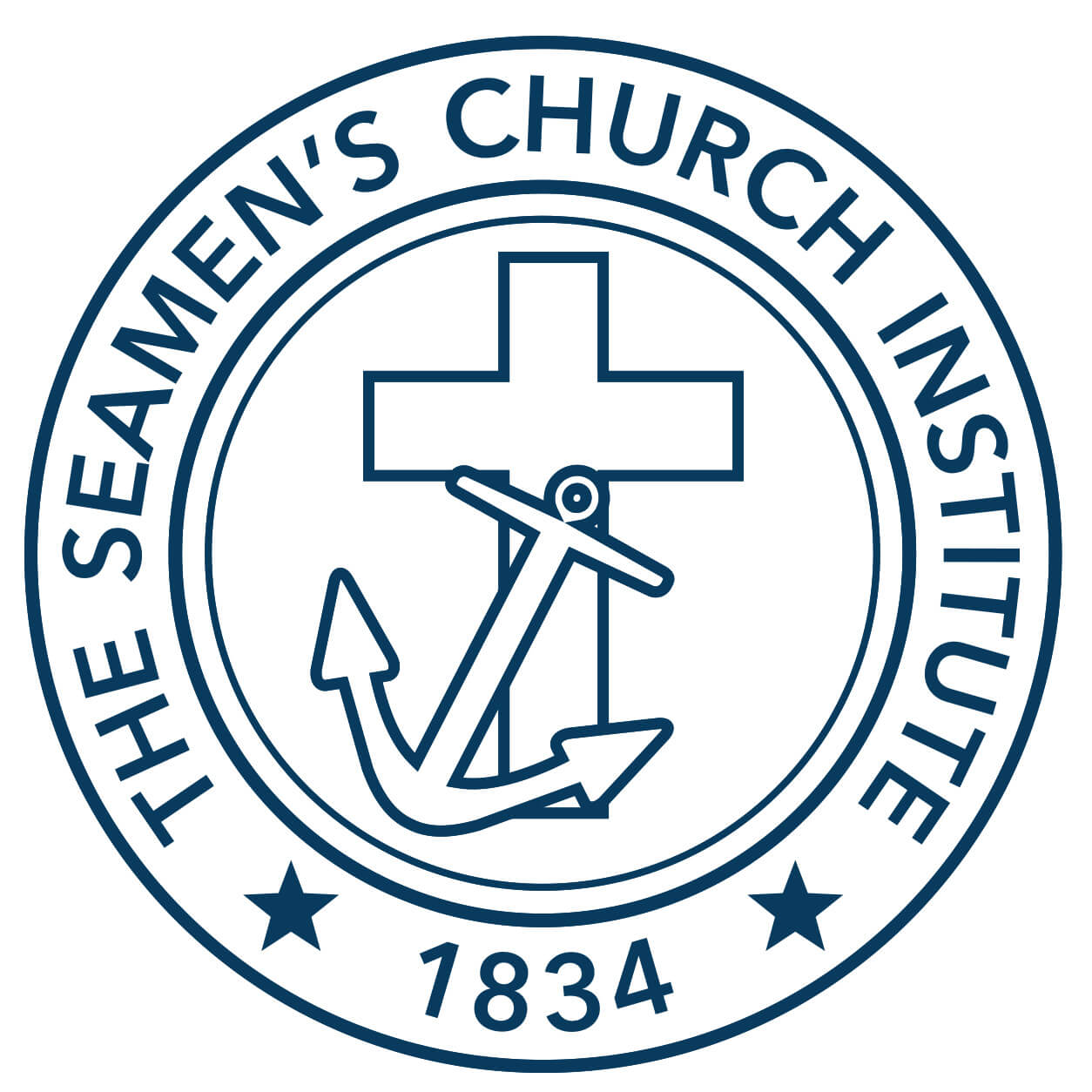Chaplain Intern Cora Walters Reflects on Her Time at SCI

The first time I visited a shipping terminal, I felt like I was on another planet. How could this world of containers, cranes, and ships—larger than anything I’d ever seen—exist in the same world I’ve known my whole life? Or a 24-person crew transporting 5,000 cars or 17,000 tons of orange juice? I was confronted with impossibility after impossibility—until I started speaking with the seafarers themselves: people who are strong, determined, exhausted, and often rendered invisible. They do the work that keeps the world turning—work that feels impossible.
The first time I visited a shipping terminal, I felt like I was on another planet. How could this world of containers, cranes, and ships—larger than anything I’d ever seen—exist in the same world I’ve known my whole life? Or a 24-person crew transporting 5,000 cars or 17,000 tons of orange juice? I was confronted with impossibility after impossibility—until I started speaking with the seafarers themselves: people who are strong, determined, exhausted, and often rendered invisible. They do the work that keeps the world turning—work that feels impossible.
The Seamen’s Church Institute is a place where seafarers are acknowledged, supported, and celebrated. I learned this during my time at SCI, where I served as a Chaplain Intern from September 2024 to April 2025. As a seminarian pursuing an M.Div. at Union Theological Seminary in NYC, I wanted to learn about chaplaincy practiced outside of hospital walls. With the guidance of SCI Chaplains, the Rev. Dr. Bill Allport, the Rev. James Kollin, and Chaplain Michelle McWilliams, I experienced firsthand what it means to sit with our seafaring community in their temporary homes and workplaces—and how such encounters can transform us all.
When we sell SIM cards, we’re keeping people connected to their loved ones—or helping them unwind with TikTok after a long, stressful day. When we drive them to Jersey Gardens, we’re supporting someone in their search for a birthday gift or giving them a chance to stretch their legs after being confined on board for over 40 days. When we ask, “How are you doing?” we might simply be making small talk—or we might become a confidante, helping someone process the recent loss of a spouse.
Maritime chaplaincy is humbling work for two reasons. First, the labor of seafarers is incredibly demanding on every front. It is exhausting, dangerous, and isolating—it can wear you down, body, mind, and soul. Each day I showed up in my hard hat, I was confronted with the stark reality of my own privileges. Second, offering support to seafarers often felt so natural, even easy. It’s hard work that feels deeply good and unquestionably right. It’s work where the Spirit is fully alive, guiding you toward places, people, and conversations you could never plan for but must encounter. It’s work where we meet one another across cultures, languages, and life stories—and form profound, resonant connections.
SCI is a beautiful place that has shaped and changed me, as it has so many others. I’m forever grateful to be a part of the SCI family.

